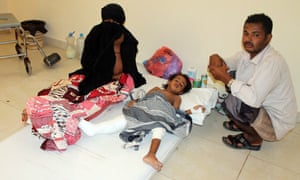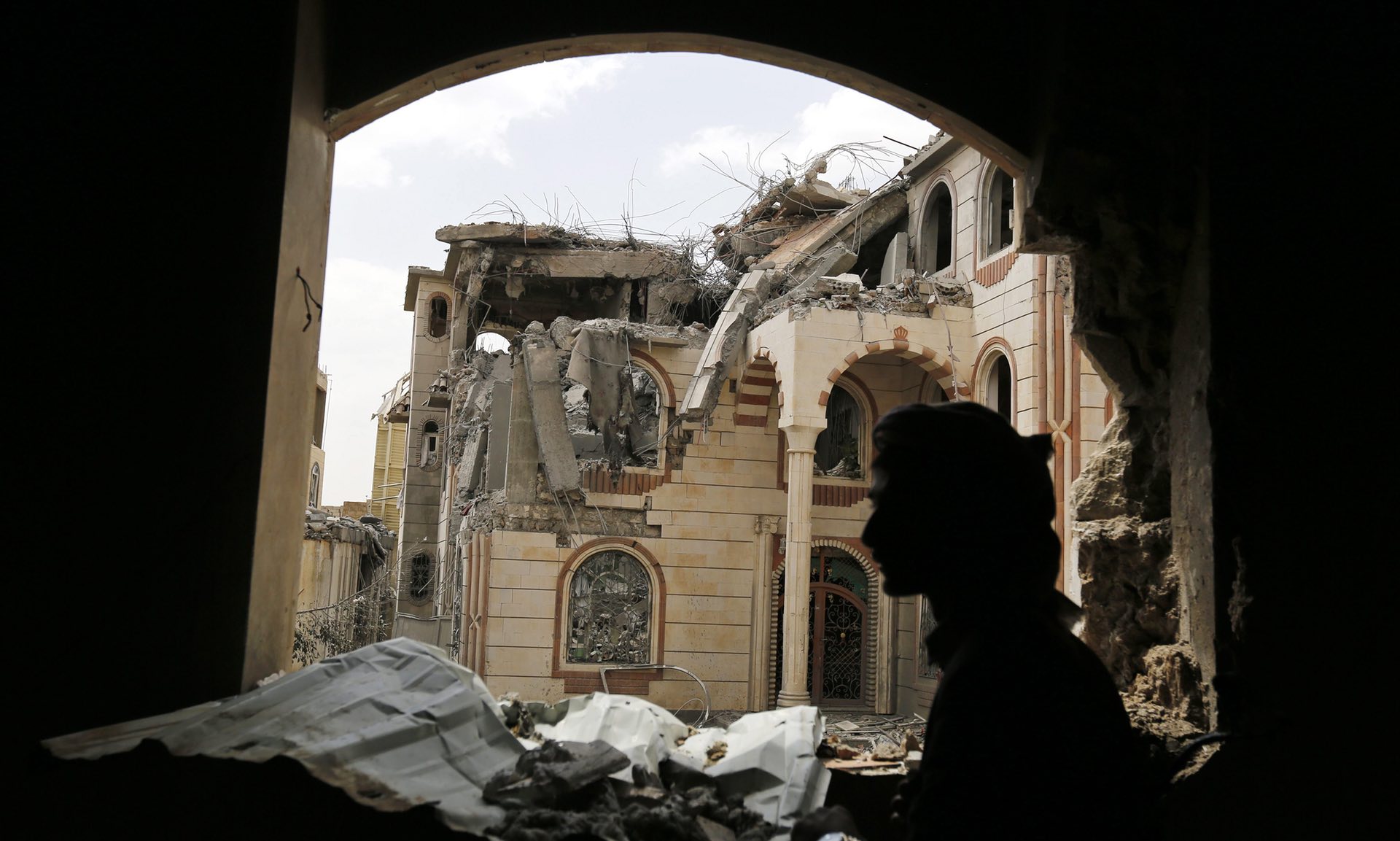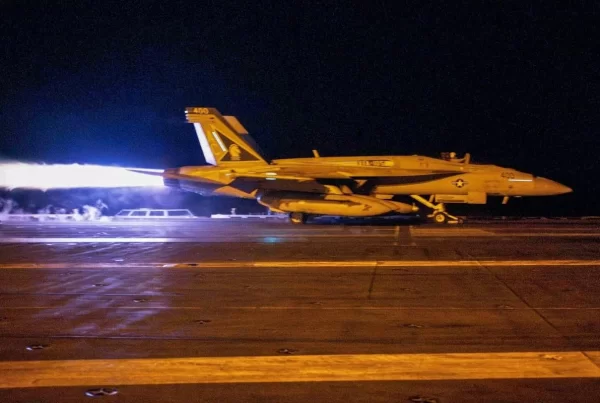As another 50 civilians die in the forgotten war, only Isis and al-Qaida are gaining from a conflict tearing Yemen apart and leaving 20 million people in need of aid
The latest victims were 30 civilians, who streamed into the clinic on Monday after a Saudi airstrike on a livestock market in province of Lahj, not far from Aden. The air raid claimed 50 lives in one of the deadliest days in Yemen’s three-month-long war, which has devastated the Arab world’s poorest country.
“This is the most terrible conflict I’ve seen so far because it never ends,” said Thierry Goffeau, head of mission for Médecins Sans Frontières (MSF) in Yemen, a veteran of Somalia and Gaza who was on hand to treat the Lahj victims. “Every day, every day, there isn’t a single day of truce. Every day screams and dead people.”
On Tuesday, the United Nations’ human rights office said the number of civilians killed in the violence had risen above 1,500. According to other estimates, however, the mounting death toll exceeds 3,000 civiliansIn one of the bloodiest days of the campaign, air strikes on Monday claimed the lives of more than 120 people, according to local media.

Saudi Arabia launched an air war in late March, hoping to stem the advance of Houthi rebels, who are allied with Iran. The Houthis, who belong to the Zaidi sect of Shia Islam, took control of the capital, Sana’a, last year in a surprise offensive and later moved on Aden, Yemen’s second city in the south, exiling the Saudi-backed president, Abd-Rabbu Mansour Hadi.
While the air strikes have prevented the Houthis and their allies from seizing control of all of Yemen, it has not reversed their advance.
The latest deaths have highlighted how ignored this conflict is by an international community preoccupied with the threat from Islamic State’s advances in Syria and Iraq.
“Yemen is the Mexico of the [Arabian] Gulf,” said Farea al-Muslimi, a Yemeni expert with the Carnegie Middle East Center in Beirut. “It’s not on the border of Israel and our blood type is not oil+, so nobody cares what’s happening there.”
Mediators are attempting to broker a ceasefire for the rest of the Muslim holy month of Ramadan, but it is largely due to western pressure rather than a commitment to a peaceful solution by the warring sides. Talks in Geneva collapsed last month.

The only groups poised to benefit from the war dragging on are the jihadis of Islamic State (Isis) and al-Qaida in the Arabian Peninsula (AQAP), the latter’s most powerful franchise, who are likely to gain influence amid the chaos.
Isis has claimed recent, bloody suicide bombings in Houthi mosques and Sana’awhen it once had no known presence in the country, while AQAP has continued to seize territory in eastern Yemen unhindered by American drone strikes.
All the while the war is tearing at the fabric of Yemeni society. Southerners in Aden have formed local militias to fight off the Houthi advance, and many have lost loved ones to what they see as an invading force, wounds that may never be healed at the war’s end and threatening Yemen’s future unity.
It is increasingly apparent that Hadi, sheltered by the Saudis, is unlikely to ever return as Yemen’s president, and a political solution to the war is unlikely to be reached unless Riyadh alters its goal of reinstating him, largely given that all the Houthis need to do to “win” the conflict is to survive.
“The possibility of the Shah returning from the grave to Iran are bigger than Hadi going back to Yemen,” said Muslimi, adding that until the Saudis accepted that reality, they would continue to “bomb the forest to kill the snake, even if the forest has 25 million Yemenis.”
All the while Yemen’s people continue to suffer in a devastating blockade that has led to shortages of food, fuel and water, and a war that has transcended national differences. More than 20 million people in the country are believed to be in need of humanitarian assistance, and more than a million have been displaced since March. Hundreds and possibly thousands of child soldiers have been recruited to fight in the conflict.
For those seeking shelter in Sheikh Othman, near the MSF hospital, there is just one demand. “People are shouting at us: ‘please tell them to stop, let this war be over’,” said Goffeau.






